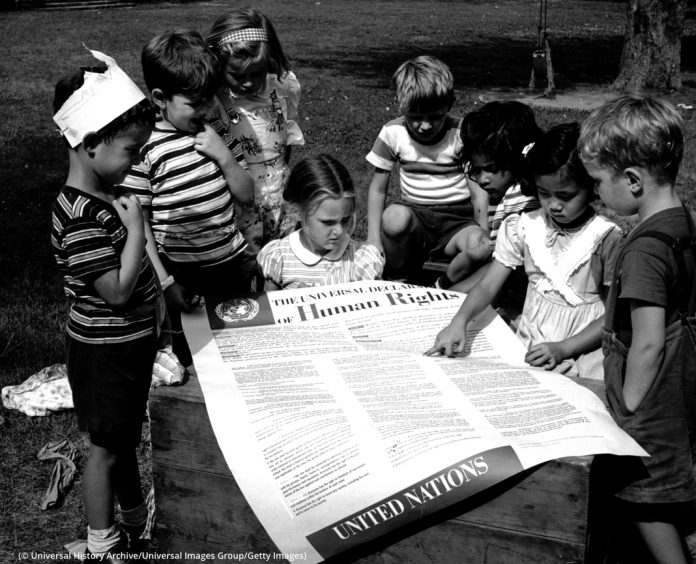June is packed with key commemorations that connect environmental justice, education, anti-torture, child labor, and refugee protection, all under the umbrella of human dignity and protection of the vulnerable, especially children.
June 5, 1972 – UN Conference on the Human Environment (Stockholm Conference)
- Marked the first major international conference focusing on environmental issues as human rights issues.
- Led to the formation of the United Nations Environment Programme (UNEP).
- Laid the groundwork for environmental justice movements tied to the rights of marginalized populations.
June 12 – World Day Against Child Labour
- Established by the International Labour Organization (ILO) in 2002.
- Highlights global efforts to eliminate child labor and promote education and protection for vulnerable children.
- Important for spotlighting the link between poverty, lack of access to education, and children’s rights violations.
June 16 – International Day of the African Child
- Commemorates the Soweto Uprising of 1976 in South Africa.
- Thousands of Black school children protested against the apartheid regime’s education policies.
- The government’s violent crackdown led to many deaths.
- Now, it honors those who died and raises awareness of the ongoing challenges African children face in accessing quality education and equal rights.
June 20 – World Refugee Day
- Designated by the UNHCR (United Nations High Commissioner for Refugees).
- Recognizes the rights, resilience, and contributions of refugees, many of whom are children.
- Calls for stronger protections, asylum rights, and anti-discrimination policies.
June 26, 1945 – Signing of the United Nations Charter
- Established the United Nations, the global body that would later be responsible for the Universal Declaration of Human Rights (1948).
- The Charter laid out the foundational commitment to international peace, human dignity, and fundamental rights.
June 26 – International Day in Support of Victims of Torture
- Observed annually to speak out against torture and support victims worldwide.
- Recognizes the psychological and physical scars torture leaves, especially on children in detention or conflict zones.

